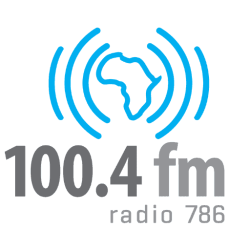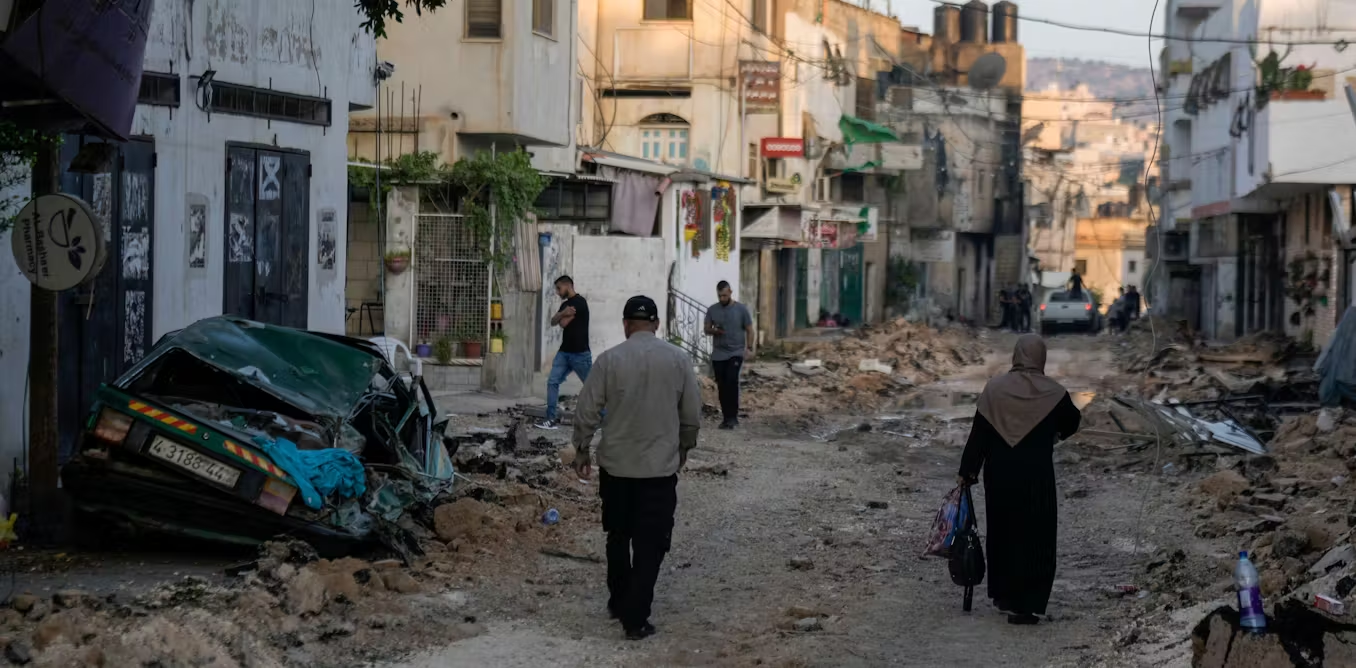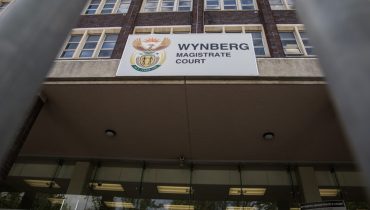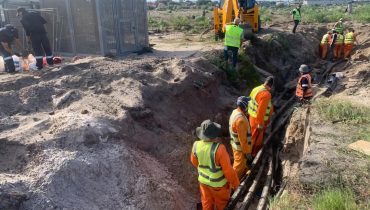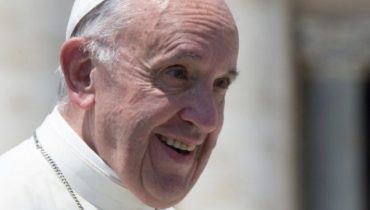South Africa hosts a municipal election in under a month. It is arguably the most important political vote that one can exercise, precisely because one gets to influence a process that determines the type of political party that will govern the affairs in ones community.
I come from an area which epitomises the legacy of Apartheid . It was one of the first segregated areas built, designed in such a manner that it became a dumping ground for people of colour. Many of our grandparents were banished to Bonteheuwel after having been evicted from places where the shade of Table Mountain reaches. It even got so bizarre, that on display, was Apartheid’s crudest forms of racial segregation, where one road separates the coloured community from the all-black township called Langa.
In these communities reside deep scars of a socially engineered community that has had to deal with violent poverty, homelessness, and a general lack of opportunity.
Unfortunately, the bar is so low that we are told
to celebrate the most-basic delivery of service.
I am confident that when some former Bontevanians return to the area, they will be amazed at how little has changed. Sure, Modack’s is no longer there. A dysfunctional railway that passes through the area – with two stations severely vandalized and dilapidated. Gangsterism has become further entrenched and the once bustling Metropolitan Sports field completely barren – so much so that it may be turned into a graveyard.
Very little to no housing has been delivered in the area since its establishment – aside from the so-called smarty-town. The net result of which has been a growing problem of homelessness, backyard dwellings that continue to grow and more residents standing in a queue for a meal on some days of the week.
Sure, our refuse gets collected. The street lights are largely on. The roads are just okay (definitely not in the best shape), and we have some effort being put into making the streets safer.
However, local government should be more. It should do more. It is duty-bound to act as a catalyst for economic and social development. It has the power to incentivise public infrastructure, parks, cleaning, safety, primary healthcare to be drivers of social development.
There has been no major infrastructure investment in my area for as long as I can recall. This could be a game-changer that will bring much-needed jobs to the area and the type of confidence that signals that Bonteheuwel is an area with great potential.
I am less convinced that refuse collection, street lights and clean streets should be the barometer through which I must assess whether government works. It shouldn’t be.
Unfortunately, the bar is so low that we are told to celebrate the most-basic delivery of service.
Our expectations are so low that we think government works when surface-level delivery is noticeable. I am however under no illusion that our streets are cleaner, and our services appear slightly more functional than your average Johannesburg ward.
However, our expectations should be such that we demand material change in our communities. The type of change that not only inspires a young person in Bonteheuwel to be proud of his area, but equally hopeful that we can work against the entrenched social engineering of Hendrick Verwoed and his band.
About the Author
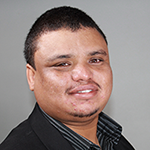
Tashreeq Truebody is Station Manager at Radio 786 and a leading South African journalist. His career has seen him interview a spectrum of South African politicians and newsmakers, including Jacob Zuma, during his tenure as President.
Keeping a keen eye on South African politics and social challenges, he writes in his personal capacity.
